Related Articles
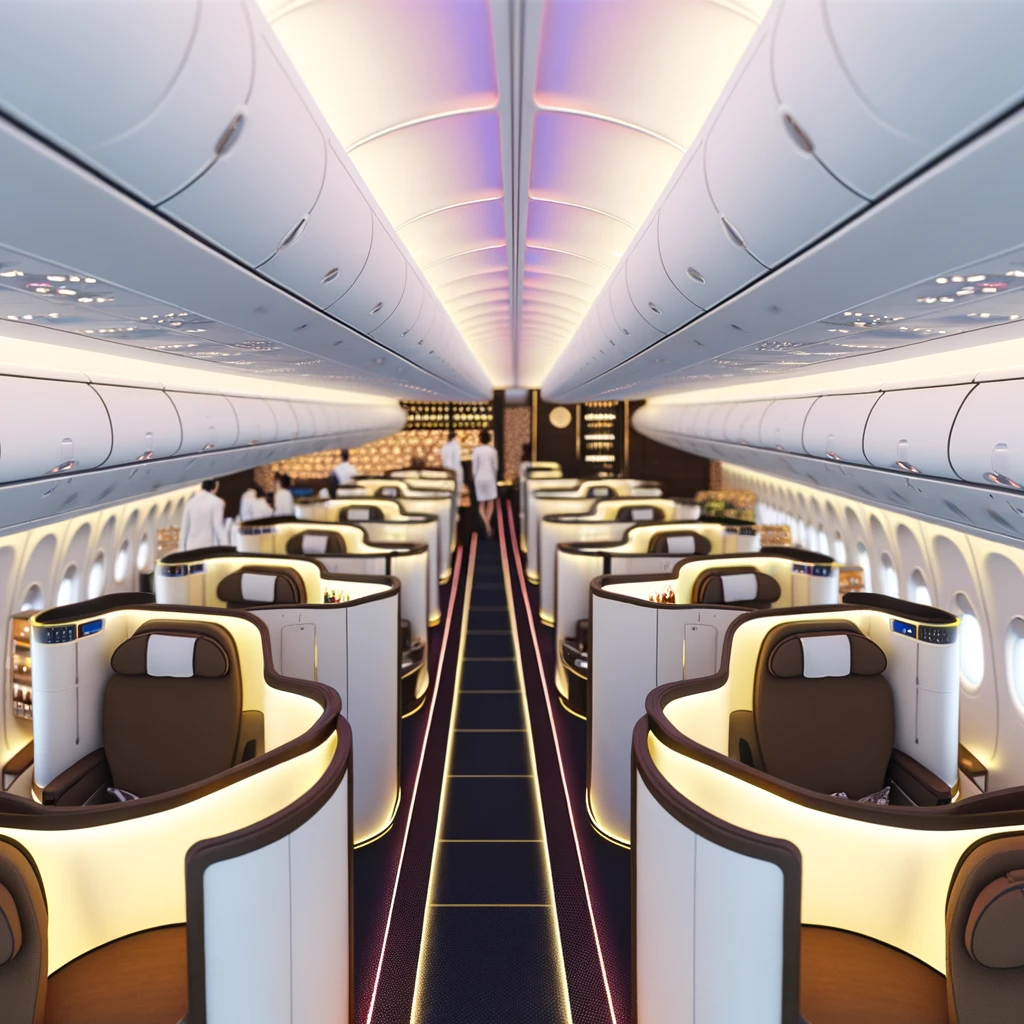

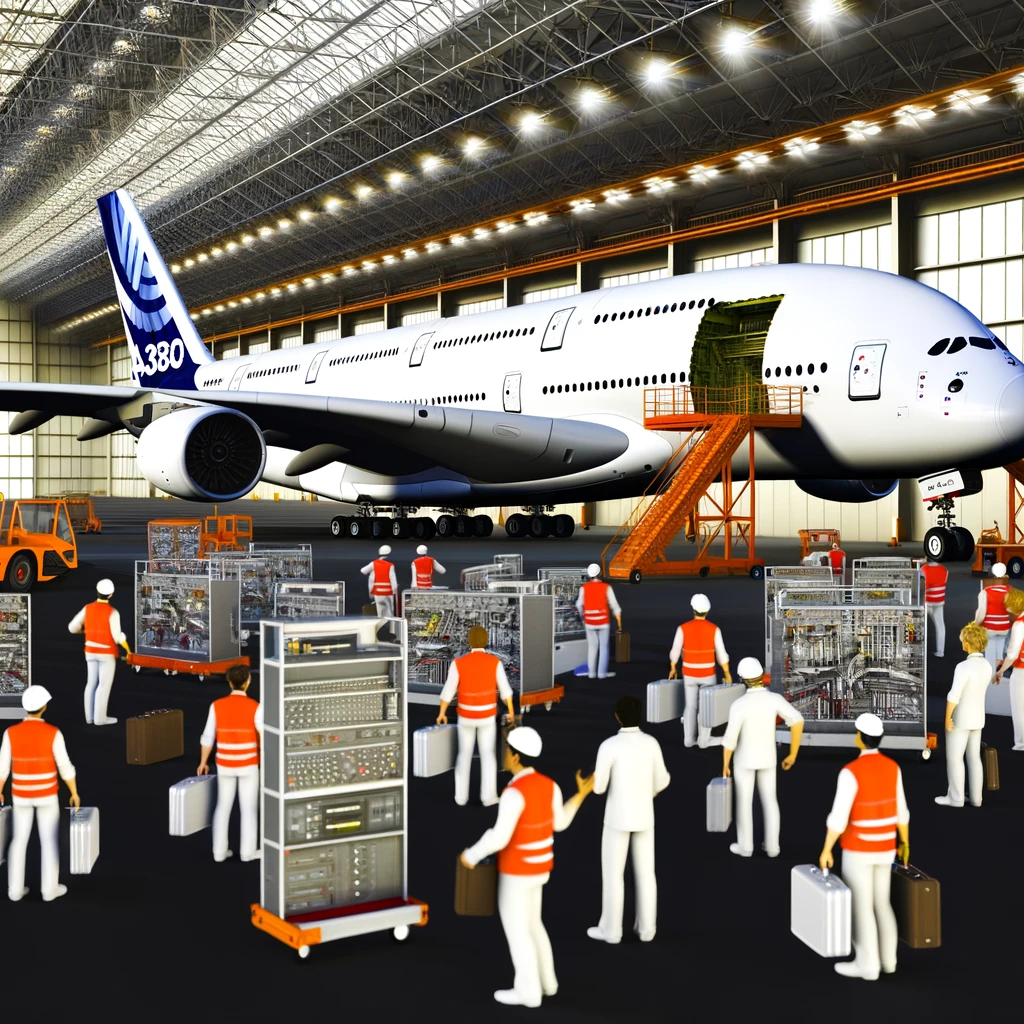
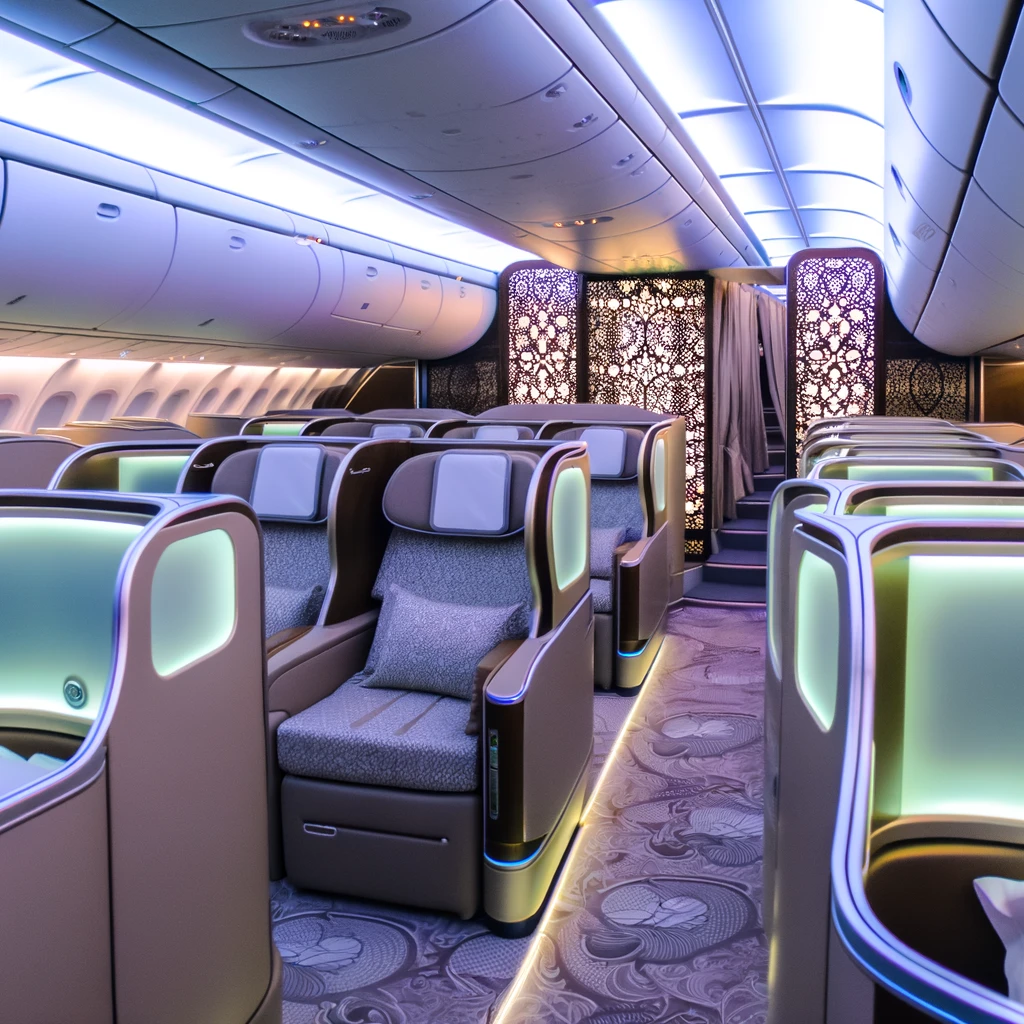
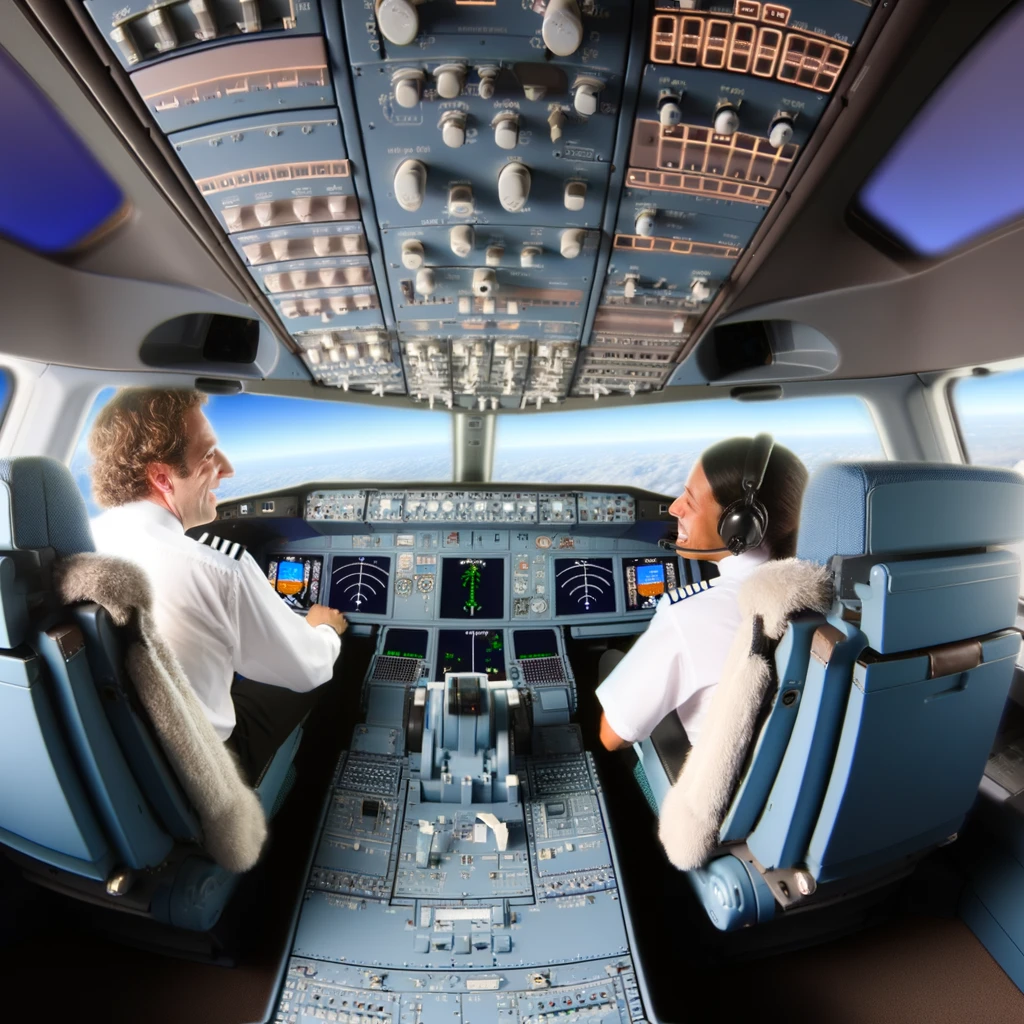





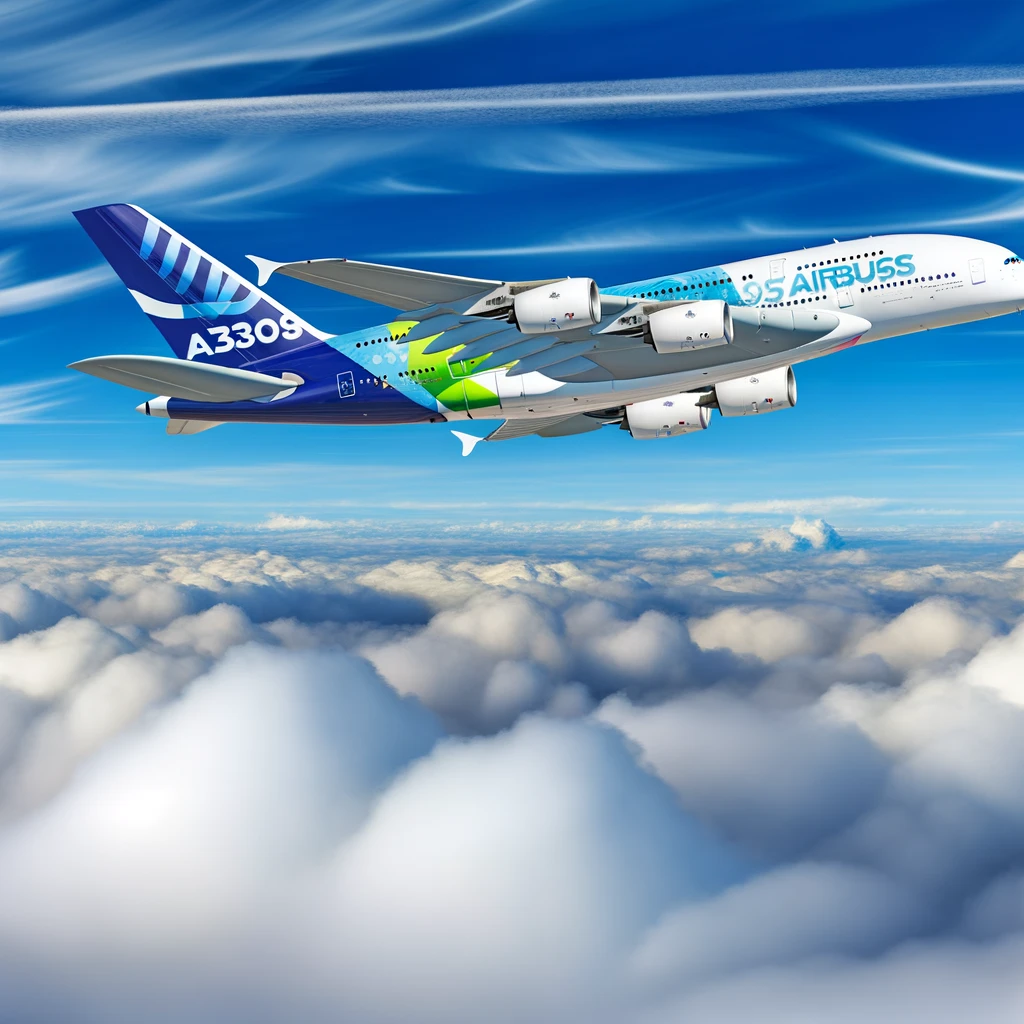
The Airbus A380, often referred to as the ‘superjumbo’, has redefined the boundaries of air travel since its inception. As the largest passenger aircraft in the world, the A380 boasts an unparalleled capacity and has transformed the flying experience for millions of travelers worldwide.
The Airbus A380 was officially launched in December 2000, with its first flight taking place on April 27, 2005. Designed to alleviate congestion at major airports and offer increased passenger capacity, the A380 quickly became a symbol of luxury and innovation in the aviation industry.
The A380 can accommodate up to 853 passengers in an all-economy class configuration, though most airlines opt for a three-class configuration that seats around 555 passengers. This capacity is unmatched, allowing airlines to maximize revenue on long-haul flights.
The A380's design includes a double-deck configuration, providing more space for passengers and enabling airlines to offer unique amenities such as onboard lounges, duty-free shops, and even showers in first-class suites.
Equipped with cutting-edge technology, the A380 features fly-by-wire flight controls, advanced cockpit displays, and efficient engines that reduce fuel consumption and noise pollution. These advancements contribute to a more sustainable and quieter flying experience.
The introduction of the A380 has had a profound impact on global air travel. It has enabled airlines to increase capacity on popular routes, reduce airport congestion, and offer enhanced passenger comforts. The aircraft's ability to serve long-haul routes efficiently has also opened up new markets and connections worldwide.
While the A380 offers significant economic benefits through increased passenger capacity, it also poses challenges. The high costs of operating and maintaining such a large aircraft have led some airlines to reconsider their fleets. Additionally, environmental concerns regarding fuel consumption and emissions have prompted Airbus to focus on more sustainable options.
Although Airbus announced the end of the A380 production in 2021, the aircraft remains an integral part of many airline fleets. As the aviation industry evolves, the A380's legacy continues to influence the design and development of future aircraft.
In conclusion, the Airbus A380 has revolutionized air travel with its unmatched capacity and innovative features. While its production may have ceased, its impact on the industry and its role in shaping the future of aviation remain undeniable.